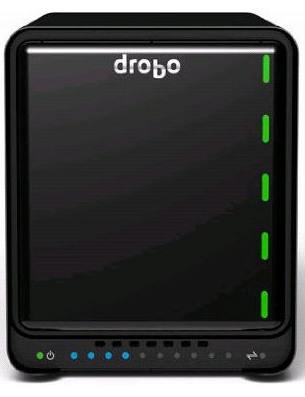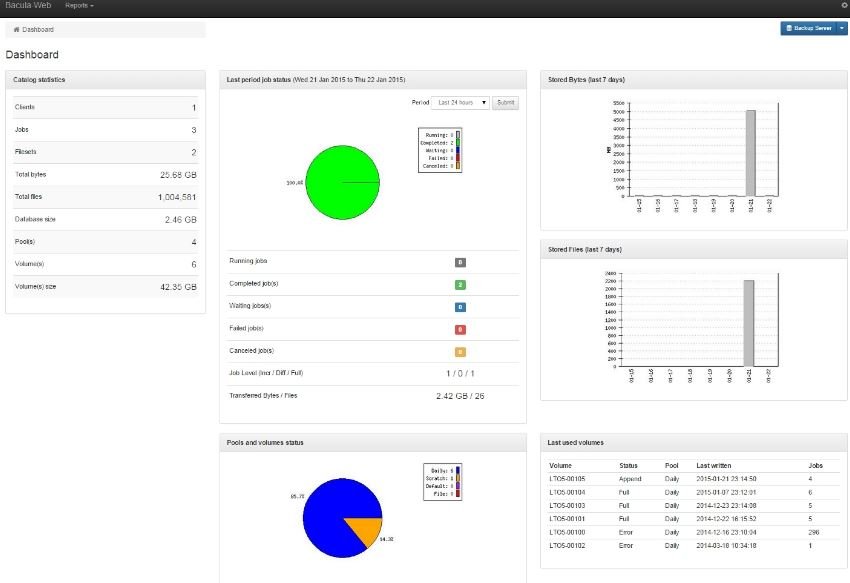


Check out our RAID explainer for more information. There are different levels of RAID that perform this function in different ways depending on exactly what users need. That means even if one of the drives fails completely, the RAID system can simply take in a new, completely empty drive and repopulate it with the data the failed drive was carrying.
#BEST NAS SERVER FOR MAC 2014 SOFTWARE#
This tech allows the software that manages the NAS devices to distribute and duplicate the data it stores across multiple hard disks. The beauty of a NAS device is that it can use some version of a technology called Redundant Array of Independent Disks (RAID). (Some single-bay NAS drives will allow you to attach a second NAS device or an external hard drive, to that end.) You don't want the only copy of your data residing on just one drive on the network. That's because of the lack of redundancy out-of-the-box.

We don't generally recommend NAS drives with just a single bay, unless they are to be used strictly for backing up data that will also reside on computers on the network. These drives will allow NAS makers to fit more drives into their chassis, which means more long-term storage capacity. But that's not an absolute guideline, especially now that newer NAS devices are showing up with support for 2.5-inch laptop-style drives, both platter-based and solid state. Most consumer-grade and home-office NAS units have one or two bays, while models designed for the office have four or more. That's determined by the number of drive bays it includes and to a lesser extent what kinds of drives it can carry. Since a NAS device is, at the simplest level, just a container for a hard drive or drives (with some added intelligence), the number one spec for any NAS unit is its maximum potential storage capacity. So you'll need to understand the terms and features before you go shopping. Like any computer peripheral, the features offered by the various NAS units vary greatly to meet these different demands. You'll also need a more powerful NAS if you want to store big media libraries, like a collection of 100,000 stock photos, for your graphic arts studio, for example. But if you're serving HD videos over your home network to two tablets, a laptop, and your smart TV, all at the same time, you'll want a NAS with higher specifications for memory, processor, and network capabilities. If you're using the NAS to back up your laptops overnight, that's pretty straightforward. Home users may not need to worry about large numbers of users, these days it's the number of simultaneous devices that make a difference. Additional layers of data security and serving files to a relatively large number of users is typically where businesses need to be careful about NAS storage. All of that is relatively simple for a NAS. Once you decide that you need to store files on a network drive, you then need to figure out what you mean to do with them, in order to determine what kind of NAS you need.įor example, a typical business scenario might be sharing access to Office files, like spreadsheets and Word documents, with your coworkers and perhaps backing up select office devices on a regular basis.


 0 kommentar(er)
0 kommentar(er)
